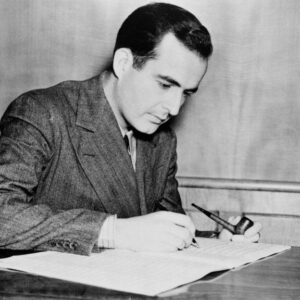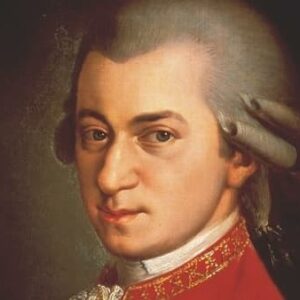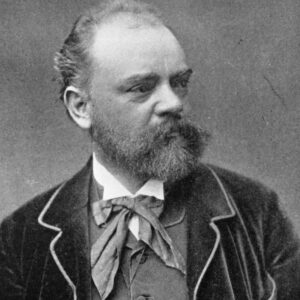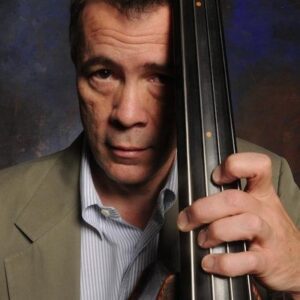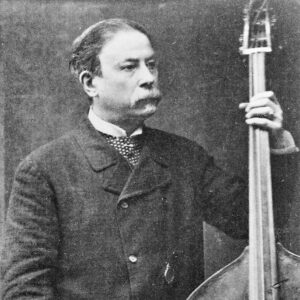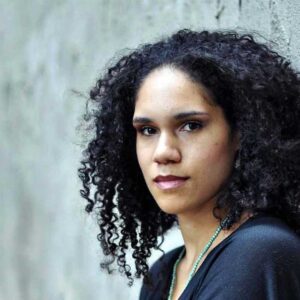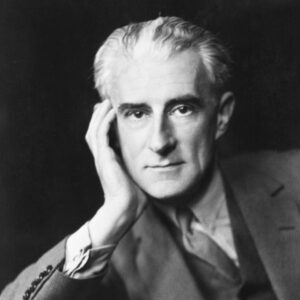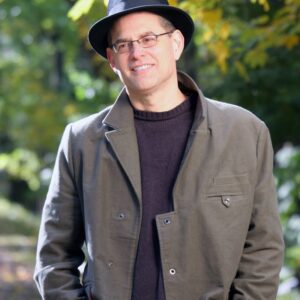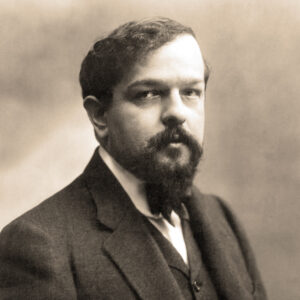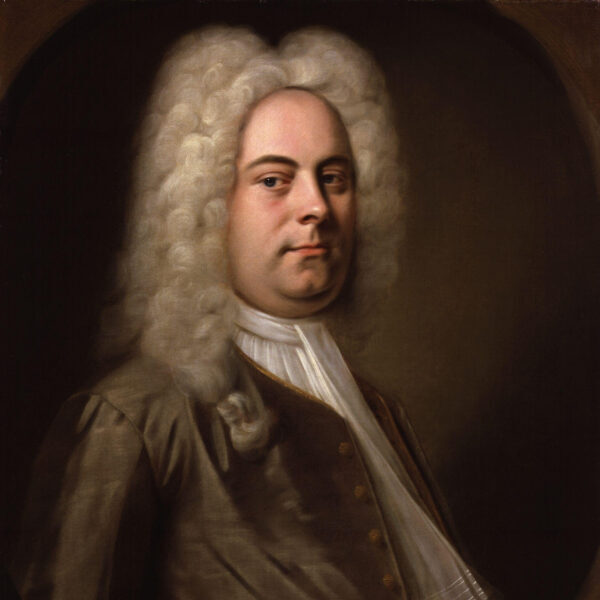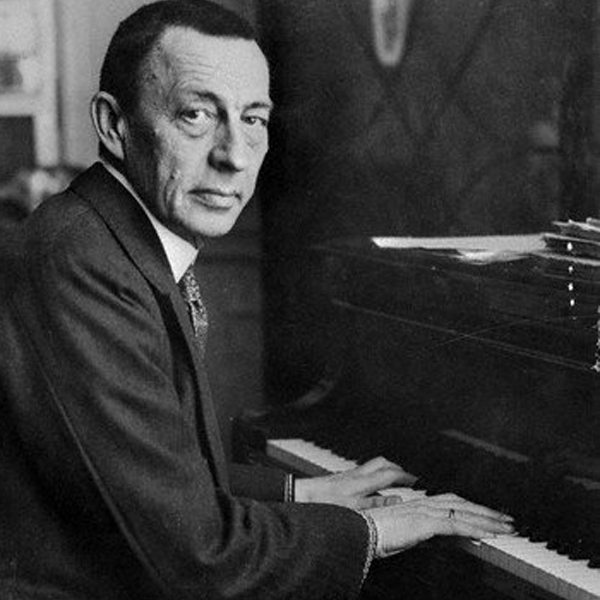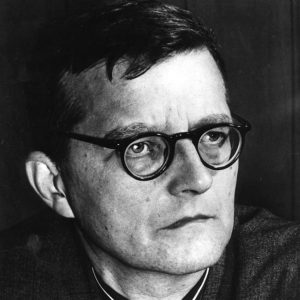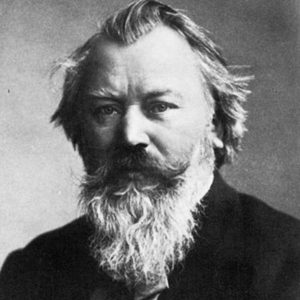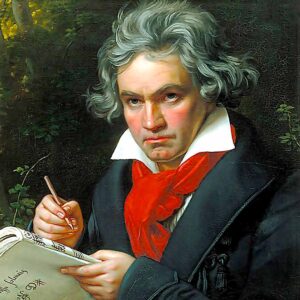
Ludwig van Beethoven:
“Leonore” Overture No. 3, op 72b and “Mir ist so wunderbar” from Fidelio
One of history’s pivotal composers, Ludwig van Beethoven was born on December 15 or 16, 1770 in Bonn, and died in Vienna on March 26, 1827. Of the four overtures associated with his only opera, Fidelio (originally entitled Leonore), the Leonore Overture no. 3 was composed in 1805-6 for its first revision. Its first performance took place on 29 March 1806, in Vienna’s Theater an der Wien. The vocal quartet,“Mir ist so wunderbar,” occurs in Act I of the opera. The overture is scored for 2 flutes, 2 oboes, 2 clarinets, 2 bassoons, 2 horns, 2 trumpets, 3 trombones, timpani, and strings. The Winston-Salem Symphony first performed the overture in October 1959; its most recent performances took place in September 2012. These mark the first Symphony performances of the Act 1 quartet.
Leonore, ou L’amour conjugal is the title of a rescue drama written by the French playwright, Jean Nicolas Bouilly. The play would attract little attention nowadays were it not for the fact that Beethoven based his only opera, Fidelio (originally entitled Leonore), upon it. The play, originally set against the backdrop of the French revolution of 1789, is filled with the virtues of love, loyalty, and political freedom that were ever near and dear to the composer’s heart.
Fidelio exists in three versions, and Beethoven composed no fewer than four separate overtures for it. The original version was first produced in Vienna’s Theater an der Wien on November 20, 1805 under the worst possible circumstances. Beethoven not only had to deal with a weak libretto by Joseph Sonnleithner, but the occupation of the Austrian capital by Napoleon’s Grand Army only days earlier made the Viennese citizenry too frightened to leave home, let alone to attend the theater. It should come as no surprise, therefore, that the enterprise failed miserably.
The overture used for this earliest version of the opera is now known, oddly, as Leonore Overture no. 2. What is now referred to as the Leonore Overture no. 1 was composed in 1806-7 for a projected performance of Fidelio in Prague. The performance never took place, however, and this overture was never performed during Beethoven’s lifetime.
When Beethoven revised Fidelio in 1805-6, with improvements to the libretto provided by his friend Stephan von Breuning, he composed the Leonore Overture no. 3. This work has many elements in common with the opera’s original overture, now known as the Leonore Overture no. 2—including off-stage trumpet calls—and it still was intended to be played before the opera begins. When Beethoven made his final revisions to the opera in 1814, he wrote an entirely new overture, known as the Fidelio Overture. This new overture, however, raised a dilemma for those conductors who wish to use the musically superior Leonore Overture no. 3 within the context of the opera. Some conductors choose to perform it at the beginning of Act II. Others opt to place it at some point after the dungeon scene of Act II—the climactic moment when Leonore, disguised as the assistant jailer, Fidelio, rescues her unjustly imprisoned husband, Florestan, from murder at the hands of the evil and ambitious minister, Pizarro. The trouble with the first option is that the dramatic events of the scenes that follow are rendered dramatically redundant. The problem with placing the overture after the rescue scene is that the overture loses its impact, the audience having already experienced the very events that the overture exhibits in purely musical sounds. When performed as a concert piece, as it is on this program, however, none of these issues are of concern.
The overture’s introduction, after its suspenseful opening descriptive of Florestan’s dark subterranean prison cell, develops material derived from his introductory aria in Act II, “In des Lebens Frühlingstagen” (“In the Springtime of Life”), where the prisoner reflects on the justness of his cause and hope for liberation. Most of the music of the main body of the sonata-form overture is based upon material not used in the opera itself, but it captures its heroic spirit admirably. The trumpet calls that announce the arrival of Don Fernando, the king’s minister, in the opera are placed at the moment of greatest musical tension for a piece cast in sonata-form—near the end of the development section. A wonderful element in the recapitulation is the addition of virtuosic writing for the principal flute and bassoon. The overture ends with an appropriately heroic coda that is similar to the one that ends the finale of his Symphony no. 3 (Eroica). The Leonore Overture no. 3 offers further confirmation of Beethoven’s genius as the unsurpassed master of dramatic expression through purely instrumental means.
The vocal quartet from Act I of Fidelio, “Mir ist so wunderbar” (I feel so strange), is a wonderful example of how four different characters (Marzelline, Fidelio, Rocco, and Jacquino) can express completely different emotional states while singing the same music. It begins with soft and profoundly moving introduction in the lower strings of the orchestra, followed by the singers each singing the same melody in the form of a round (or canon). The first character we hear is Marzelline, daughter of the jailer, Rocco. She believes that Fidelio (Leonore disguised as a young man) is in love with her. Recognizing this, Leonore/Fidelio comments on how precarious a moment this is. The affable jailor, Rocco, comments that Fidelio and Marzelline would make a fine couple, while Jacquino, Rocco’s assistant jailor who is in love with Marzelline, expresses his frustration and jealous anger over the situation.
While each of the singers carries the same tune, Beethoven expertly changes the orchestral accompaniment in the woodwinds to reflect the emotional state of each character. After each of the four characters make their entrance, the strings add a new and tender layer of sonority to the mix. The end result is one of the greatest glories of vocal ensemble writing ever created.
TEXT
Marzelline
I’m feeling so strange,
My heart feels so tight;
He loves me, that is clear,
How happy I shall be!
Leonore
How great is the danger!
How faint the ray of hope!
She loves me, that is clear,
O unspeakable pain!
Rocco
She loves him, that is clear;
Yes, my girl, he shall be yours!
A fine young couple;
They will be happy.
Jacquino
My hair stands on end!
Her father concents.
I’m feeling so strange,
There’s nothing I can do!
Program Note by David B. Levy © 2012/2023




